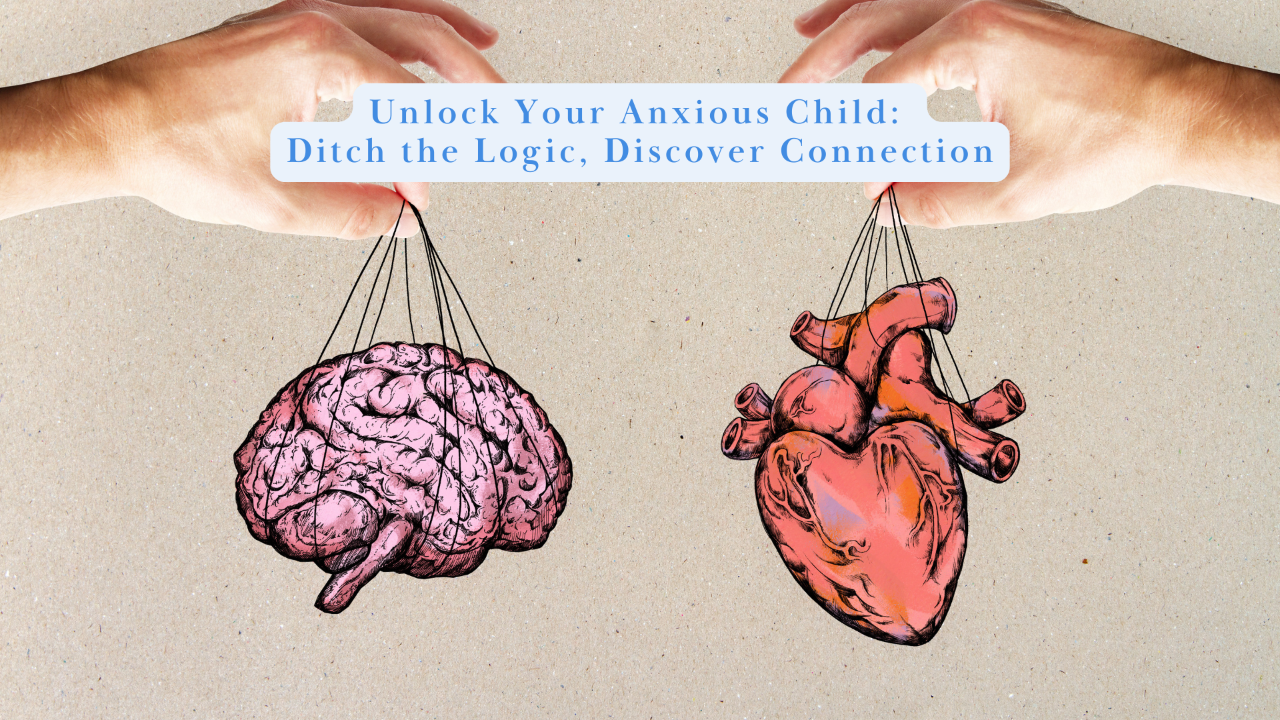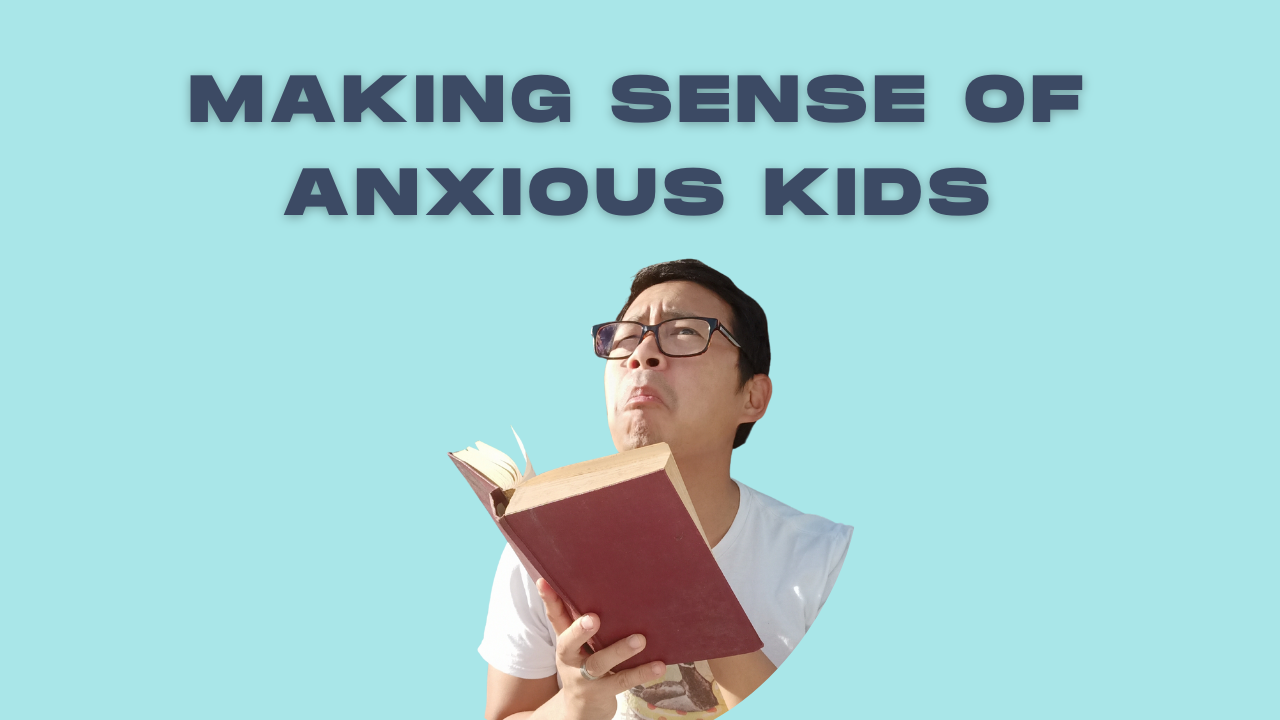Anxiety, Parenting, and What Actually Helps
Real world reflections from the clinic, the home, and everywhere in between
Stop Saying 'Calm Down': 5 Phrases That Actually Help Your Anxious Child
I am quite sure, we have all been there.
***crickets***
Ok. Just me?...

Your child is in the midst of an emotional storm. You know the picture: tears streaming, heart racing, completely overwhelmed by whatever; anxiety has taken hold.
In that moment of desperation, the words "calm down" slip from our lips almost automatically.
Seems logical, doesn't it? If they could just calm down, everything would be better? If only they would just...just...
Thing is. Telling an anxious child to "calm down" is not only unhelpful it can actually make things worse. And we know this. Yes, in the heat of the moment, we fall into the same trap...
Before I show you how to avoid it.
Why "Calm Down" Doesn't Work
When we tell a child to calm down, we're essentially asking them to do something they literally cannot do in that moment.
An anxious child's nervous system is in full activation mode.
Their brain has detected a threat (real or perceived) and flooded their system with stress hormones.
...The Logic Trap: Why Your Anxious Child Isn't Hearing You (and What Actually Helps)

"I've gone over this countless times. Why the disconnect?"
That feeling of hitting a wall when your anxious child seems impervious to reason – especially when distress peaks – is a shared experience. It’s a frequent topic in my work with families. But the issue isn't a refusal to understand; it's that logic simply isn't the right tool for their brain in that moment.
Let's examine the underlying mechanism.
▍Stress Overrides Rational Thought
When a child is anxious – whether withdrawing or experiencing an emotional surge – their capacity for higher-level thinking (governed by the prefrontal cortex) temporarily diminishes. The emotional center of the brain (amygdala) takes precedence. This isn't a willful act; it's a fundamental neurological shift.
Attempting to explain "it's not a big deal" or "you already know this isn't frightening" at this point is akin to offering complex instructions to someone in immediate danger. It's not what they require.
▍First Priority: Establishing Secu...
Why Our Mental Health System is Failing Us: A vision for radical change

Our mental health system isn't just inadequate—it's fundamentally misaligned with human needs. While experts debate funding, protocols and guidelines, a generation is struggling with unprecedented mental health challenges. It's time to speak an uncomfortable truth: the current system needs more than reform. It needs a complete reimagining.
Beyond the Status Quo: Challenging Comfortable Assumptions
Traditional psychiatry has devolved into a system that prioritises standardisation over healing. Practitioners find themselves constrained by guidelines that have become rigid barriers to genuine care. Many recognise these limitations but feel powerless to create change, caught between their desire to truly help and the system's demands for conformity.
The real tragedy? This isn't news to those inside the system. Many practitioners see these failures daily but feel unable to spark meaningful change. They're forced to choose between their professional standing and their deepest insights ...
🧠 Making Sense of Anxious Kids — You’re More Equipped Than You Think

Connecting with anxious or neurodivergent children isn’t always easy—especially when emotions are high and meltdowns seem to come out of nowhere.
In those moments, it’s completely normal to feel overwhelmed. You might even question whether you're getting it right, or feel the weight of guilt creeping in. Maybe you've thought, “Am I doing enough?” or “Why can’t I stay calm?”
But here’s the truth:
You are not failing.
You are not alone.
And you are more capable than you realize.
The ability to support your child with calm and confidence is already within you—it may just need some encouragement, clarity, and a little practice.
That’s why I created (and recently updated) my self-paced audio course:
🎧 Making Sense of Anxious Children
It’s designed to help you understand what’s really going on beneath your child’s anxiety—and how to respond with empathy, not exhaustion. You’ll learn practical tools to reduce emotional friction, strengthen your connection, and feel more confiden
...
